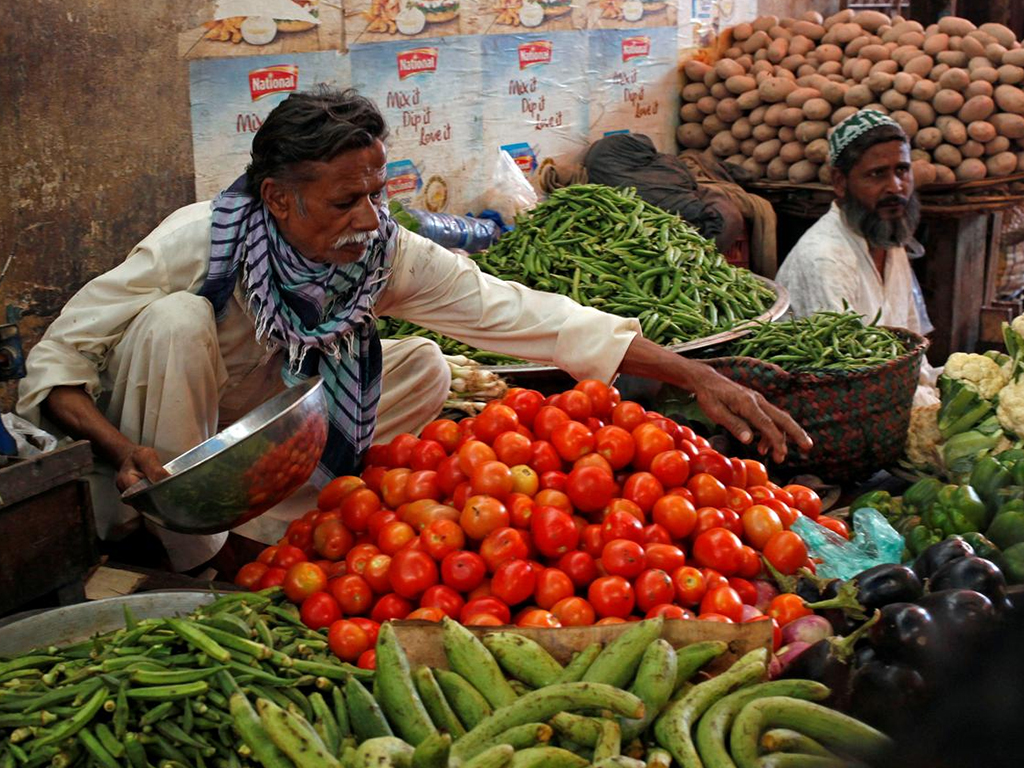The prospect of food shortage

With an end to the coronavirus pandemic still nowhere in sight it was only a matter of time, really, before concerns about food shortage started doing the rounds. The United Nations' Food and Agriculture Organisation (FAO) warned just last week that protectionist measures adopted by governments, coupled with shortage of field workers brought about by the global lockdown, could provoke food scarcity around the world. Now, the World Health Organisation (WHO) and World Trade Organisation (WTO) have joined the FAO to issue a joint statement, emphasising, "When acting to protect the health and well-being of their citizens, countries should ensure that any trade-related measures do not disrupt the food supply chain." The statement also expresses very serious concern that long-term lockdown and travel restrictions could cause disruptions in agriculture production due to unavailability of labour and difficulty in getting food to markets.
The Pakistan government has already been warned by economists that a prolonged crisis would impact food supply; perishable items first and then staple food also. It must, therefore, ensure that all supply chains related to agriculture and food sector continue to function. For that it will have to perform a very delicate balancing act between maintaining the quarantine and opening up all industries needed to keep the agricultural ecosystem going. The Farmers Association of Pakistan has already appealed for the provision of farm machinery and spares so they can keep up production and supplies, which the government must take very seriously. The wheat crop has already suffered from weather disruptions and any delay in harvesting will hurt the yield that much more. If things don't move along, there will be problems in rice and cotton sowing, affecting not just farmers but the whole country. There have been some reports of panic buying and disruption of logistics, putting upward pressure on prices of pulses because they are easy to store for the long term. Such problems must be handled in time to keep more panic from setting in.
Food shortage is a very serious matter and must no doubt become the top priority along with other most essential components of the coronavirus response. No strategy can be the right one if it chokes agriculture, with the potential of triggering famine. But keeping the agriculture sector running will require more than just allowing transport of essential food items. Production and transport of fertilizer will also be needed, along with pesticides. Tractor plants will have to be operational; as will factories that make agricultural implements. The economic linkages that ensure food production, harvest and transport will need to be protected completely. Already there are reports of disruptions in movement of pesticides, seeds, and relevant personnel, which ought to be addressed urgently.




















Comments
Comments are closed.